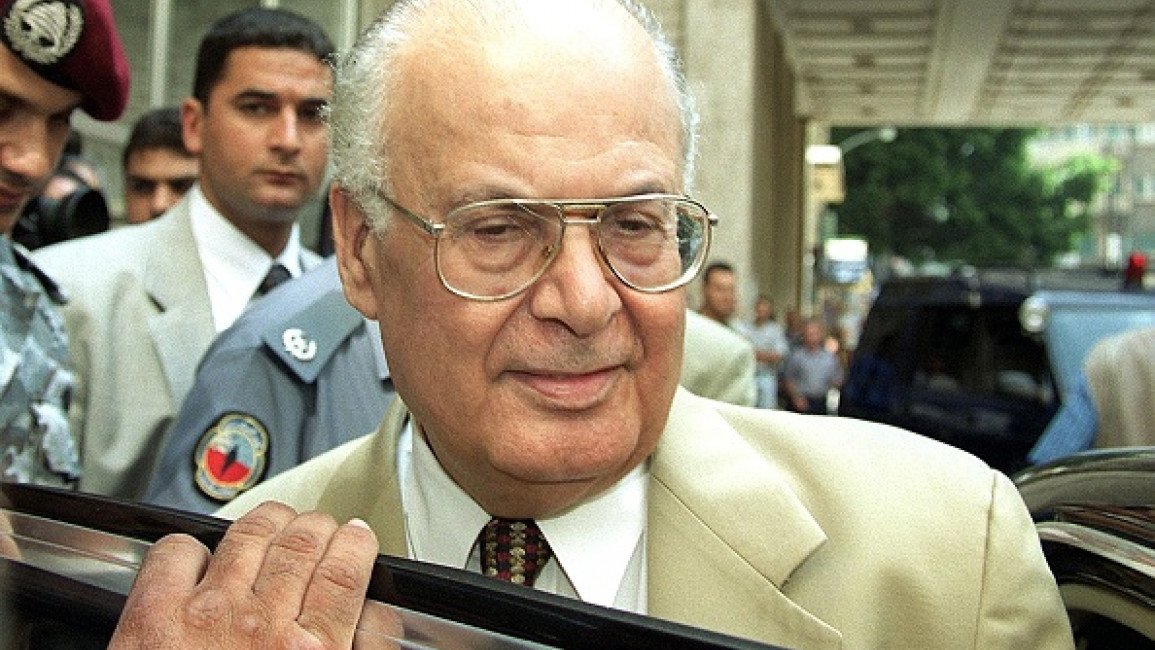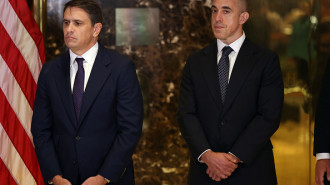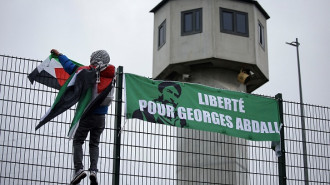Who was Salim al-Hoss, Lebanon's 'last statesman'?
Five-time former Lebanese Prime Minister Salim Hoss, who served during some of the most tumultuous years of his country’s modern history, died on Sunday at age 94.
Born into a Sunni family in 1929 in Beirut, Hoss played a key role in Lebanon for decades and was seen as one of the last great statesmen before Lebanon entered the civil war.
He served as prime minister for four terms during the country's 15-year civil war, which lasted from 1975 to 1990, with his final term in office was from 1998 to 2000.
At one point, he presided over one of two duelling governments. After the term of President Amin Gemayel ended in 1988 with no successor elected, Lebanon became ruled by two governments, one headed by Michel Aoun in Christian East Beirut and another by Hoss in Muslim West Beirut.
The split symbolised the deep sectarian and political fissures during the civil war and Hoss was seen as a statesman who bridged these divides.
This was evident even in his personal life with Hoss, a Sunni Muslim, marrying Leyla Pharaon, a Christian who later converted to Islam, and having one daughter. Despite his prominent political career, he led a relatively private personal life but was viewed as a deeply loving husband and father.
Despite the challenging circumstances, Hoss maintained a commitment to governance and reform. He was known for his technocratic style, focusing on tackling corruption and improving public services during his tenure.
His final term as prime minister ended in 2000, after losing elections to Rafiq Hariri, with whom he often clashed over economic policies.
Al-Hoss was also a respected figure in academia, having earned a degree in economics from the American University of Beirut and a PhD from Indiana University.
His influence extended beyond politics into academia and economics, contributing significantly to Lebanon's post-war reconstruction and economic policies as a former government minister and member of parliament.
Caretaker Prime Minister Najib Mikati described Hoss as the "conscience of Lebanon" in a statement on Sunday.
He said that Hoss "passed away at the most difficult and delicate stage in which Lebanon needs its conscience".
Hoss "was a prominent economist and a role model for his expertise, ethics and knowledge", Mikati said. "He placed the country’s supreme interest and the interest of citizens above all considerations."
Hoss received a state funeral on Monday, which saw his coffin draped in the country's flag as it was taken from the American University of Beirut Medical Centre to the Imam al-Ouzai mosque and burial grounds just south of Beirut on a gun carriage.
Also in attendance were former prime ministers Fouad Siniora and Hassan Diab, as well as figures from across the Lebanese establishment.
During the funeral, Mikati told mourners that Hoss had been a "self-made man, the conscience of Lebanon and the nation, and a defender of the Palestinian cause".
In 2017, at the age of 87, Hoss famously went on a hunger strike in solidarity with Palestinian prisoners protesting against conditions in Israeli prisons.







 Follow the Middle East's top stories in English at The New Arab on Google News
Follow the Middle East's top stories in English at The New Arab on Google News


![Aid Gaza [Getty]](/sites/default/files/styles/image_330x185/public/2010004231.jpeg?h=cb957c44&itok=NpHeiZFt)